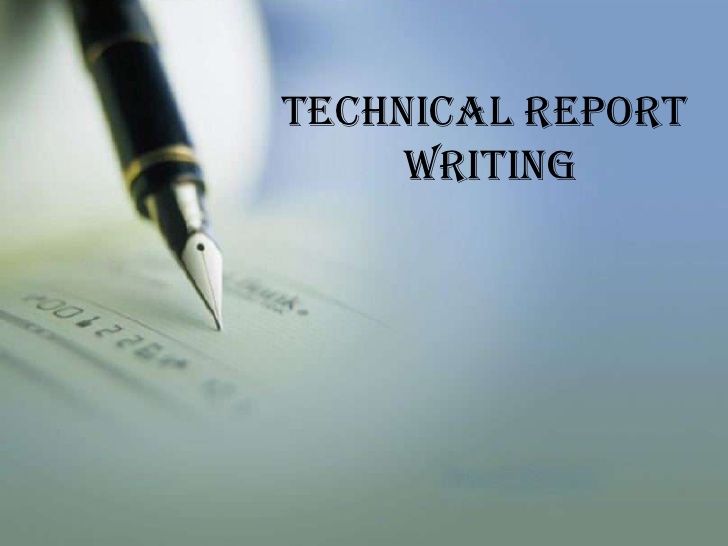Course Details
Your Growth, Our Mission

Course Description
The Training Course Will Highlight ?
The candidates will learn how to:
- Write more efficiently
- Understand the functions of different kinds of technical reports, especially evaluations and proposals
- Adapt and focus the writing on the needs of the target audience
- Organize material effectively to support explanations and arguments
- Create effective summaries and introductions – and clearly understand the difference between the two
- Improve your style on three levels: paragraph, sentence, word
- Make your reports easier to navigate
Training Objective
By the end of this course, delegates will be able to:
- Organize material by purpose and audience
- Define the elements of writing steps and procedures
- Understand the types and purposes of technical reports
- Organize reports and plan the sections and subsections you need
- Fully understand the steps in writing a report
- Write clear and concise formal reports, equipment manuals and other technical documentation
- Understand the principles of clear and concise writing
- Improve the appearance of their technical documents
- Use key words and phrases correctly, precisely and concisely for impact
- Write clear, effective technical documents and reports to get the desired response from readers
- Assess target audience and develop documents for the left results
- Choose the appropriate writing style to communicate effectively to enable the reader take quicker action
- Organize data, logs and journals into readable reports label diagrams, tables, charts and other graphical tools effectively for ease of understanding
- Reduce writing time by organizing the information quickly
- Keep information specific rather than general
- Brainstorm and identify technical problems and solutions
- Collect, organize, analyze and evaluate information
- Edit wordy phrases – using simple words rather than complex ones
- Keep technical terms to a minimum – avoiding jargon, acronyms and abbreviations
- Use examples and illustrations
- Transfer technical information into graphs, flowcharts and tables
- Use good layout to draw attention to key technical information
- Translate technical documents into compelling oral presentations
Target Audience
Engineering Professionals, Project and Design Engineers, Chief Engineers, Senior Engineers, Newly Qualified Engineers, Plant Managers, Project Managers, Quality Managers, Technical Managers, Technical Supervisors, Technical Operational Staff, Technical Sales Staff, Research and Development Professionals, Technical Personnel, Maintenance and Supervisory Managers, Maintenance Planning Staff, Technical Managers, Project team members in: manufacturing, process industries, tendering, contracting, marketing, procurement, research & development, utilities and local authorities, anyone responsible for producing technical reports of any kind
Training Methods
Daily Agenda
- What is a technical report?
- Types of technical reports
- What makes reports work?
- The value of good report writing
- Functions of reports
- What makes a report effective?
- Overt messages and hidden messages
- Key principles of functional writing
- Three key factors: objectives, audience, structure
- Time management: a structural approach to writing
- Technical reports you currently write
- Stages in creating a professional technical report
o The seven stage technical report writing process
o Adapting your report to your audience
o The differences between primary & secondary source information
- Use of headings in your technical report
- The layout of a technical report
- The five 'C's of technical communication: clarity, conciseness, concrete, coherence & context
- Ways to make your technical report more effective
- Writing the first draft
- The structure & different parts of a technical report
- Constructing effective paragraphs
o Four characteristics of effective paragraphs
o Paragraph structure and sequences
- Bringing sentences under control
o Sentence length and structure
o Sentence sequences
o Bringing your sentences to life
- Words that work
o Finding and placing key words
o Developing your style
o Managing vocabulary, jargon and specialist terminology
o Attention to detail: typos, spelling, punctuation
- The elements of good style
o Composition and the writer’s position
o Bringing your writing to life
o Formal or informal: judging what’s appropriate
- How to properly reference in a technical report
- Proofreading skills for technical reports
- Correct use of punctuations & abbreviations
- Choosing the right graphics to present information
o Line GraphsBar Graphs
o Gantt Charts
o Pie Charts
o Tables
o Flow Charts
- Practical exercises: Writing different parts of a technical report
o Title Page
o Introduction
o Procedures & Findings
o Conclusion
o Recommendations
o Summary
Accreditation
BTS attendance certificate will be issued to all attendees completing minimum of 75% of the total course duration.
Quick Enquiry
Request Info
Related Courses
Your Growth, Our Mission

